The Federal Government and the 36 state governors have hinged skyrocketing food prices across the country on the October #EndSARS protests.
They said the protests, banditry in the Northwest, COVID-19 pandemic have also affected food transportation.
They pointed out that the protest not only stalled delivery but in some instances destroyed food stores while banditry in the North West effectively preventing farmers from harvesting fields cultivated, farmers/herders conflict destroyed farm produce in some states and increased cost of transportation.
They, therefore, resolved to put in place measures to stem the rising food prices.
The resolution was reached at a virtual meeting of the National Economic Council presided over by Vice-President Yemi Osinbajo (SAN).
The council, chaired by the Vice-President, is made up of all state governors and some ministers as members.
Highlight of the meeting was a presentation by the Senior Special Assistant to the President on Agriculture, Dr. Andrew Kwasari.
The council noted that food prices have changed between September and November involving commodities in Lagos and a few selected states.
“Council received the presentation on the above subject matter with current food price situation analysis showing that: Food prices have changed between September and November involving commodities in Lagos and a few randomly selected states.
“The hike in prices is due to the following factors; Delay in going out to farm, which translates to delay in harvesting courtesy of COVID19 pandemic
“EndSARS protest stalled food transportation and delivery and in some instances destroyed food stores.
“Banditry in the northwest effectively preventing farmers from harvesting fields cultivated.
“Farmers/herders conflict destroyed farm produce in some states and increased cost of transportation,” a statement by the spokesman to the VP, Laolu Akande, said.
States and the federal government agreed to adopt urgent measures including social protection schemes to deal with the situation, it said.
The council urged the federal government to pursue the implementation of its Economic Sustainability Programme (ESP) – Agric plan and others to positively improve the situation in the sector.
The ad-hoc committee to engage with Nigerian youth and other critical stakeholders in addressing the deeper roots of the #EndSARs protests was presented to NEC.
Headed by Osinbajo, members of the committee are governors drawn from the 6 geopolitical zones in the country.
They are, Aminu Waziri Tambuwal, Sokoto State Governor representing northwest; Prof. Babagana Umara Zulum, Borno State Governor representing Northeast; Abubakar Sani Bello, Niger State Governor representing Northcentral; Rotimi Akeredolu, Ondo State Governor representing Southwest; Engr. Dave Umahi, Ebonyi State Governor representing Southeast and Dr. Ifeanyi Okowa, Delta State Governor representing Southsouth.
The statement also said that the committee would engage the youth, religious organization, civil society, security agencies regarding the issues and recommend effective solutions towards strengthening national unity among others.
It said Osinbajo presented an update to the council saying that the committee resolved that there should be two broad levels of engagement, one with state and the second with zonal levels.
According to the statement, all governors should commence engagement within a week, guidelines of engagement process should be developed; engagement to include meetings with the youths and community leaders etc.
It also said the focus should be on young people, adding, engagement process to be flexible taking into consideration the peculiarities of individual states, the Vice President’s office to develop and forward engagement guidelines; zonal engagement to commence on the 14th of November.
The NEC said zonal meetings are to be attended by committee members including the governors while governors are to identify the various groups to be invited to the meetings
Council resolved that the planned zonal engagements should proceed with the focus on Youths and Civil Society Organisations dealing especially with issues or jobs, and employment.
Similarly, the States level interactions should proceed in places where this has not been reported, the council advised.
The council also received presentation from the Federal Road Safety Commission on the Nigeria Road Safety Strategy 2021-2030 as an update to the maiden road safety strategy (NRSS: 2014 – 2018) developed in 2013 in response to a call for global action on road, it said.
Also, the council received report on COVID-19 from the Director-General of the Nigeria Centre for Disease Control, Dr Chikwe Ihekweazu while the 2020 Finance Bill that was approved by the Federal Executive Council was presented to NEC.
In addition, the council was briefed on ongoing engagements with youths in states.
“Council resolved that the planned zonal engagements should proceed with the focus on youths and Civil Society Organisations dealing especially with issues of jobs and employment.
“Similarly, the states level interactions should proceed in places where this has not been reported,” the statement said.








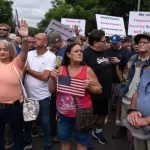


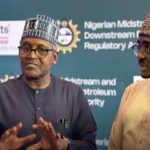

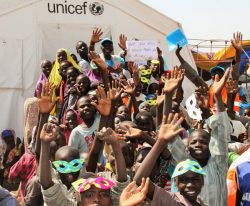

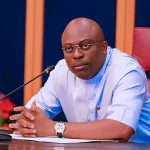
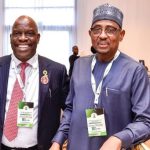

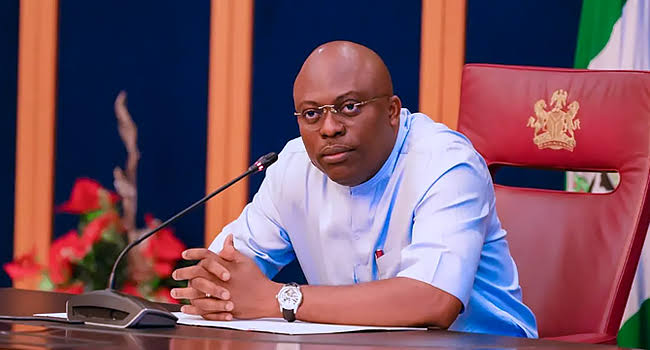
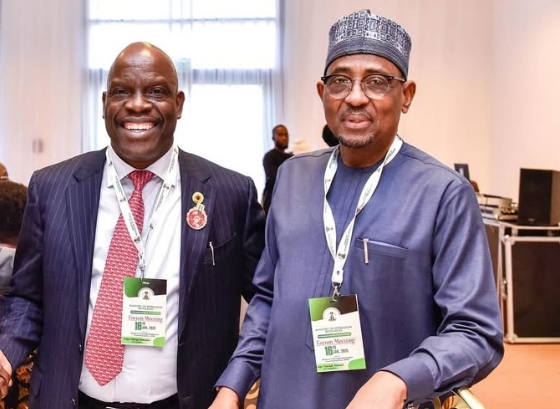
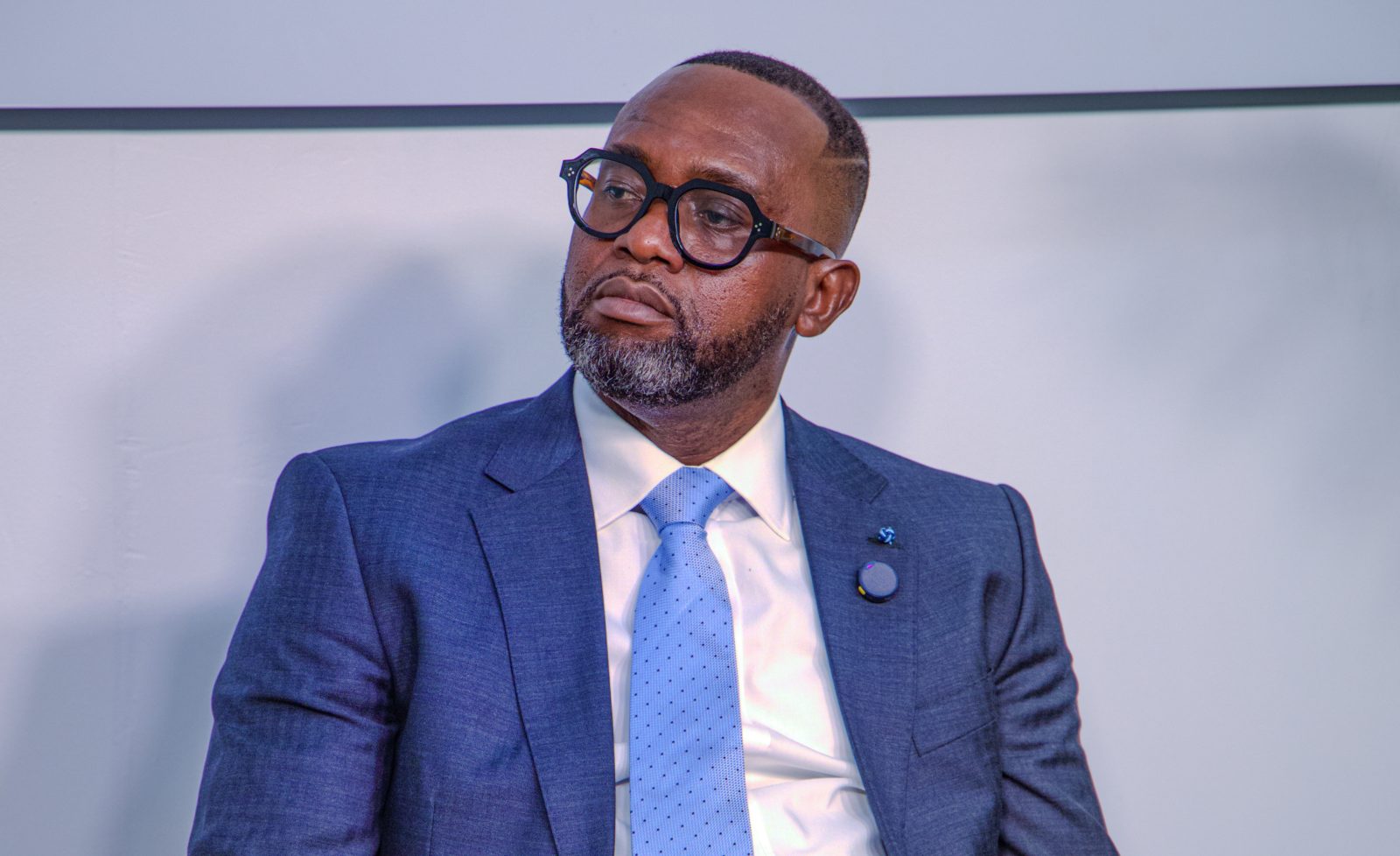
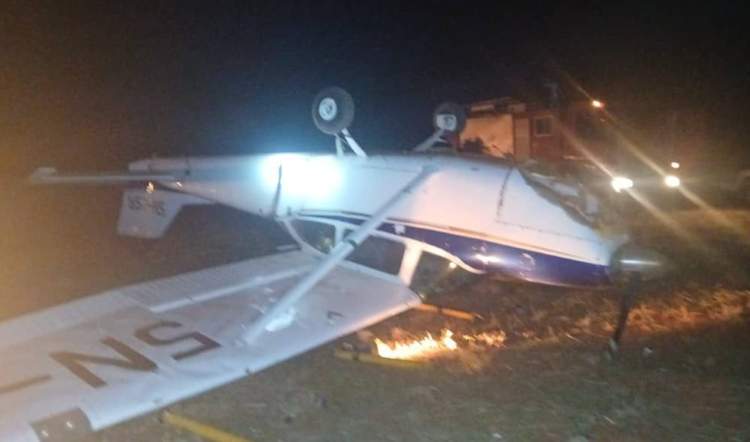
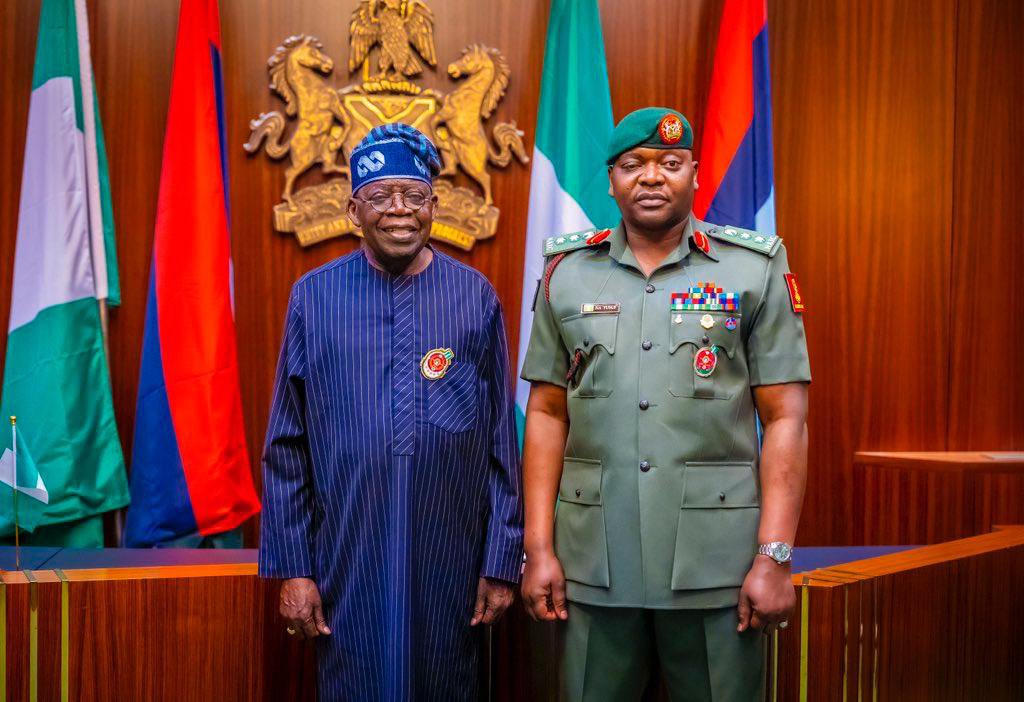

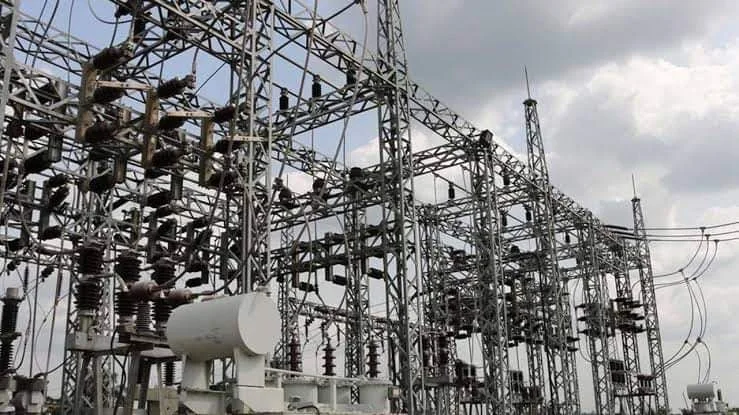


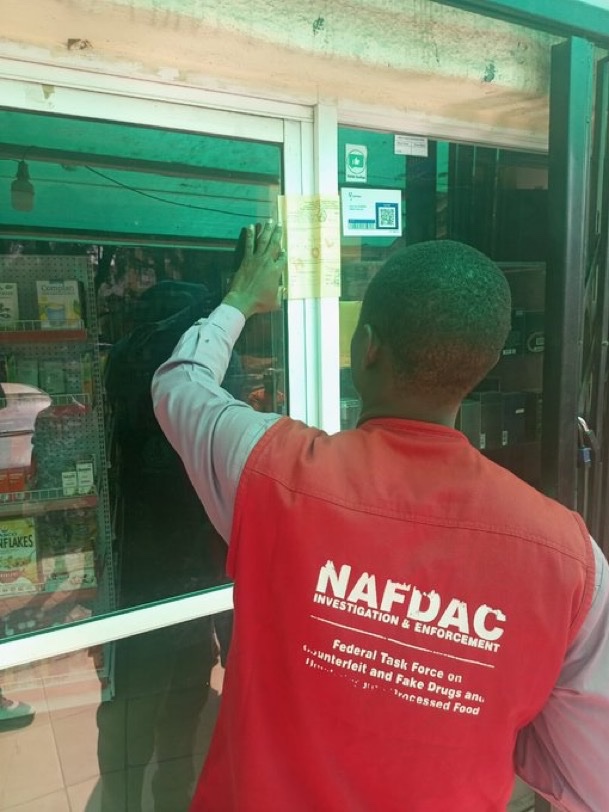
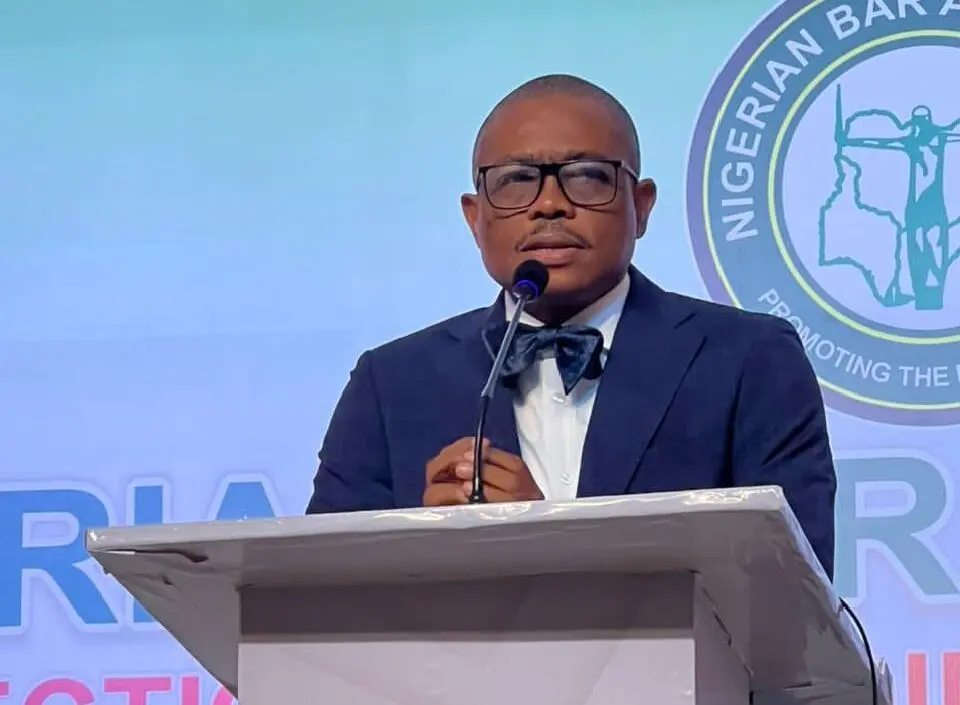
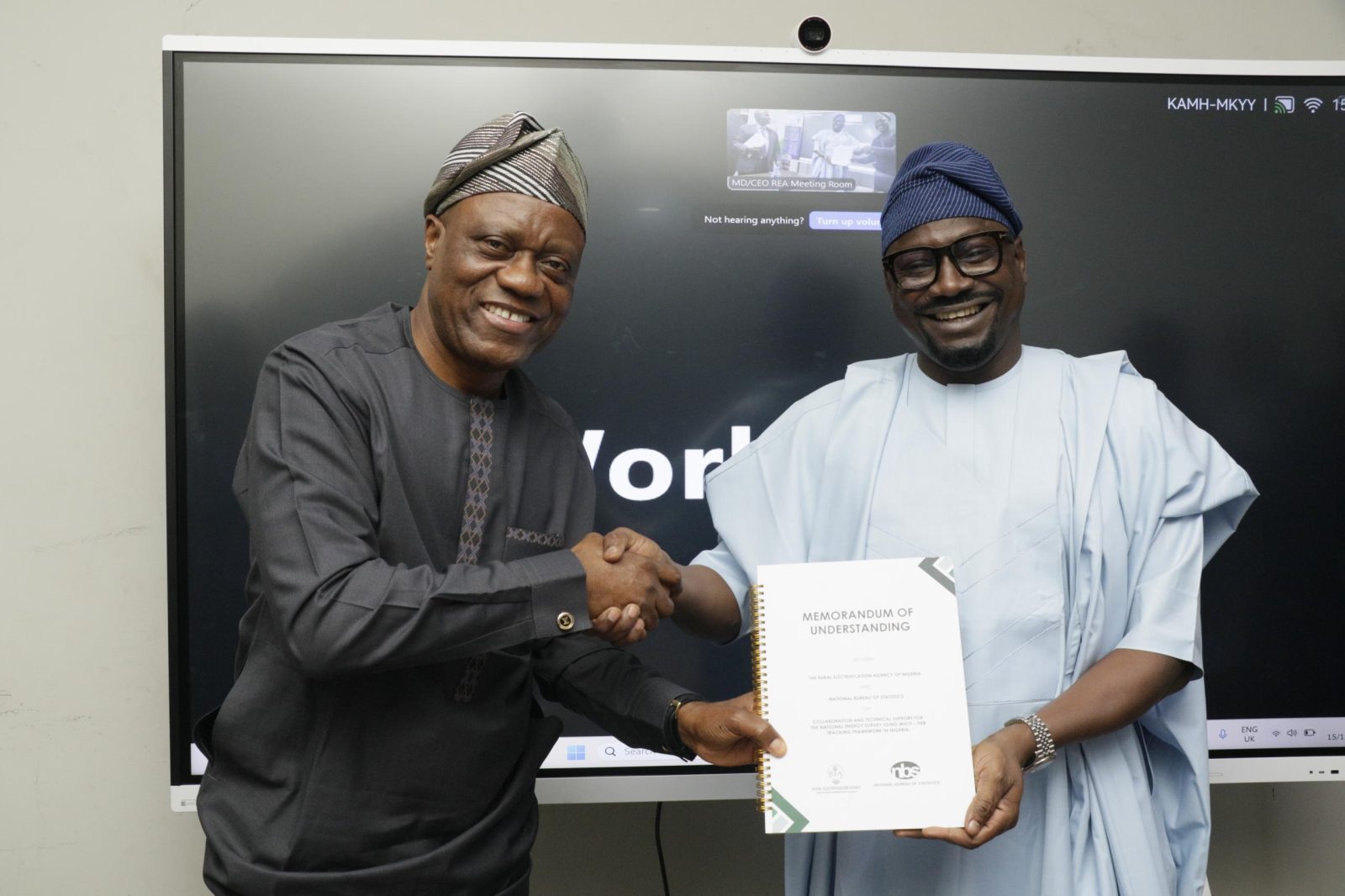
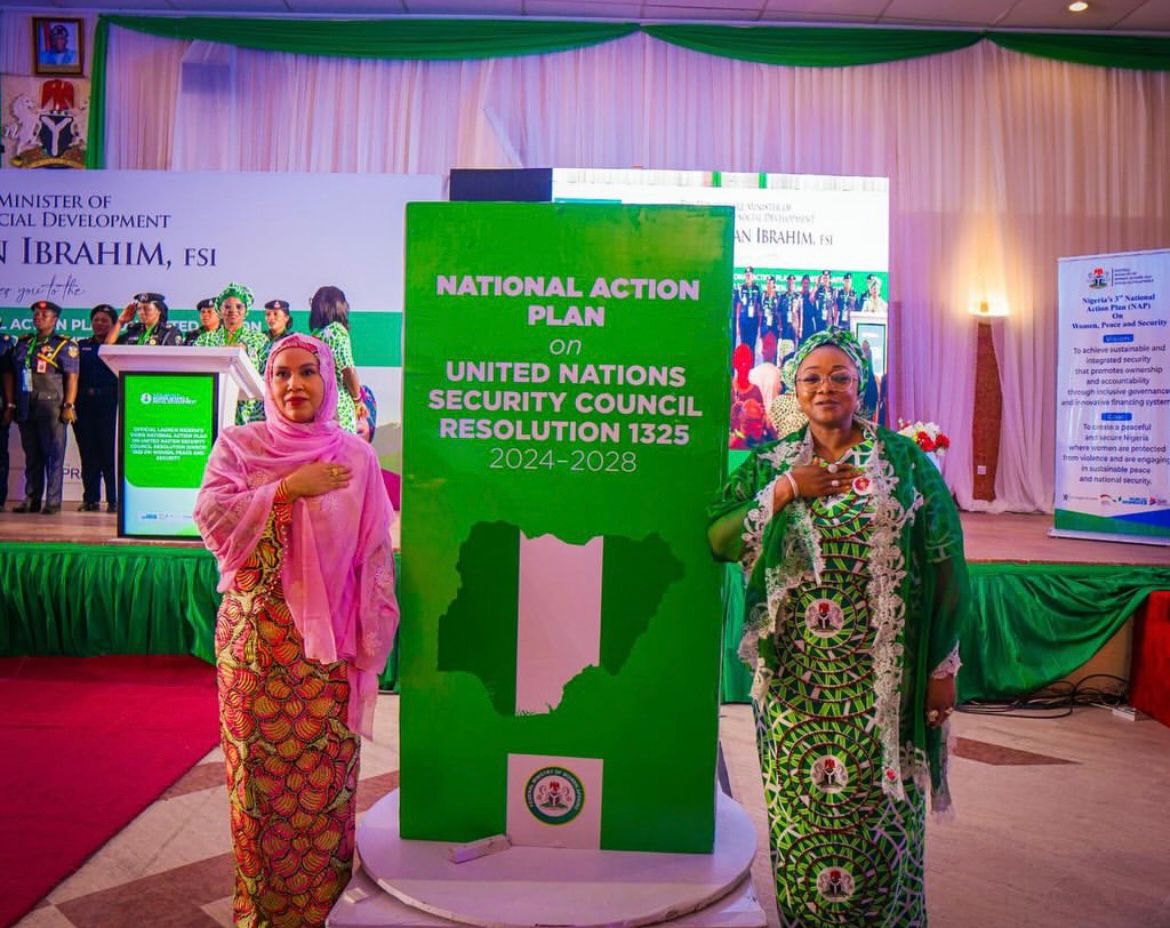
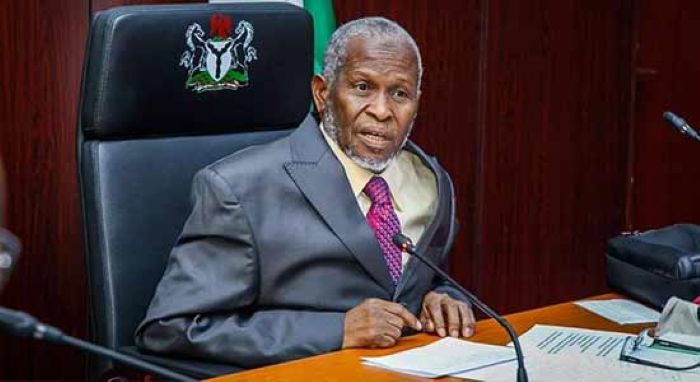
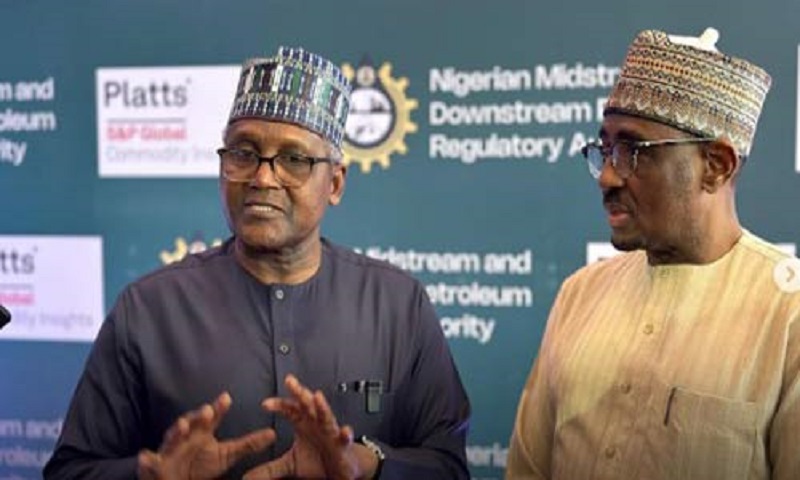
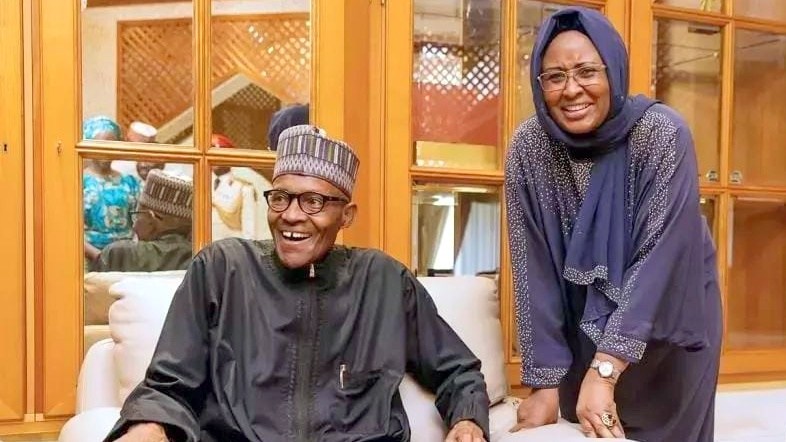
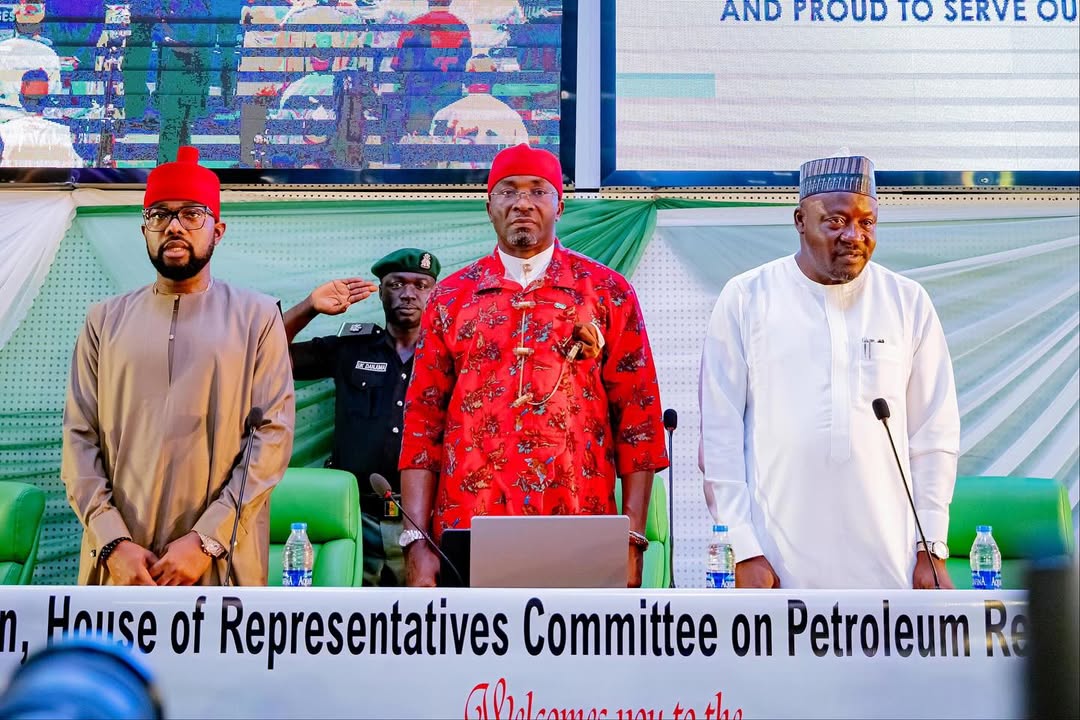

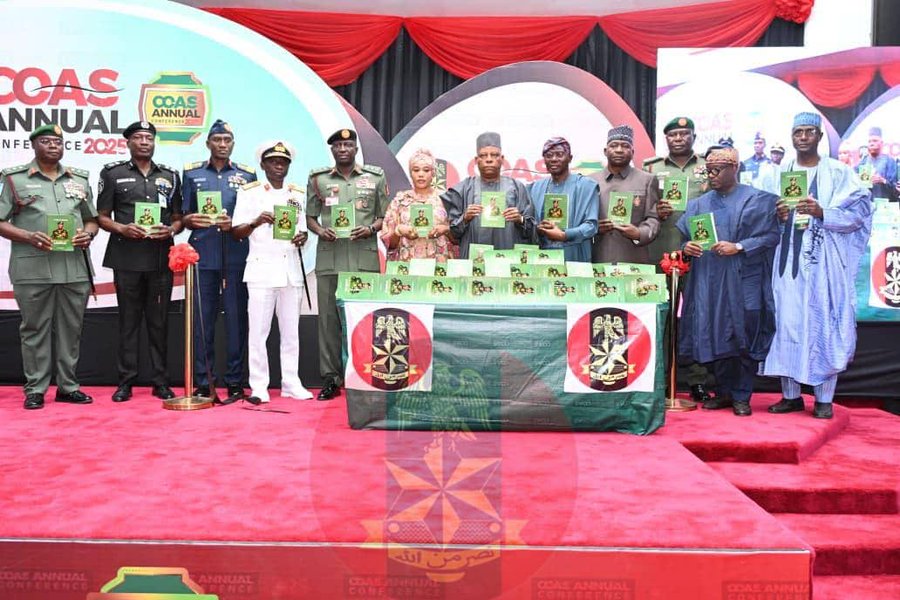
Leave a comment